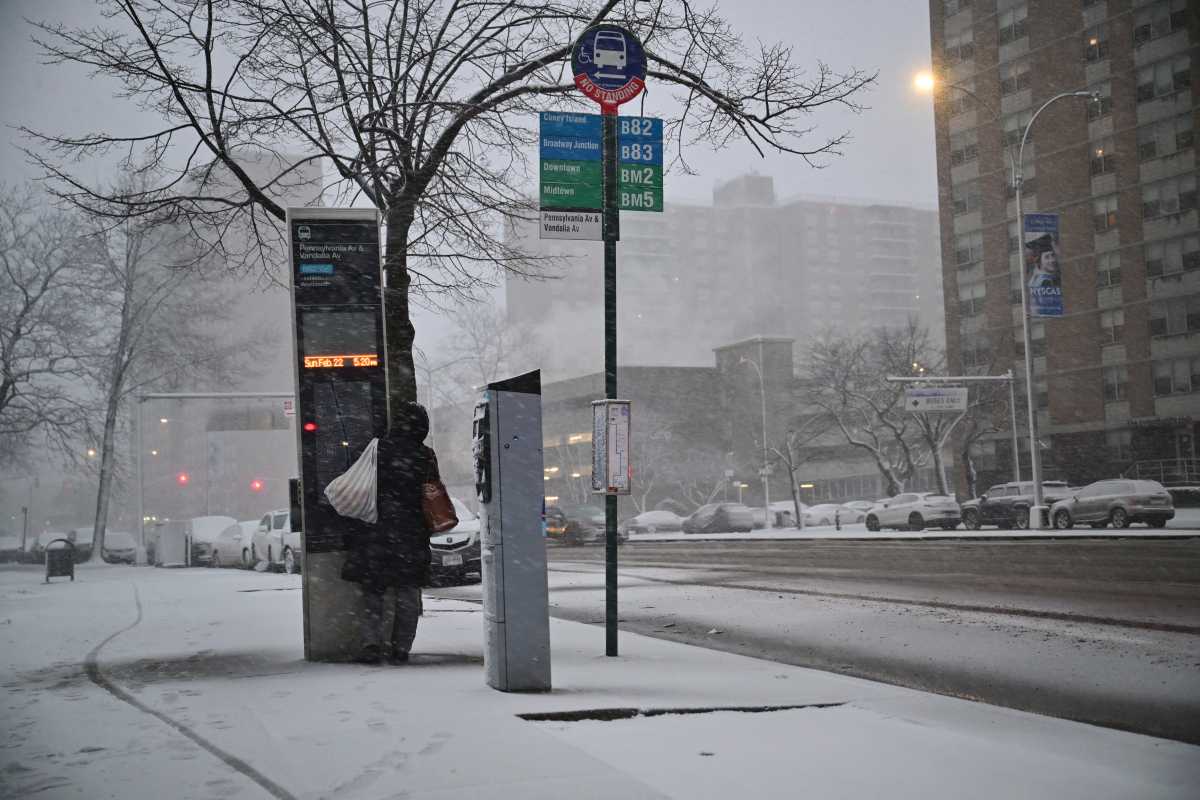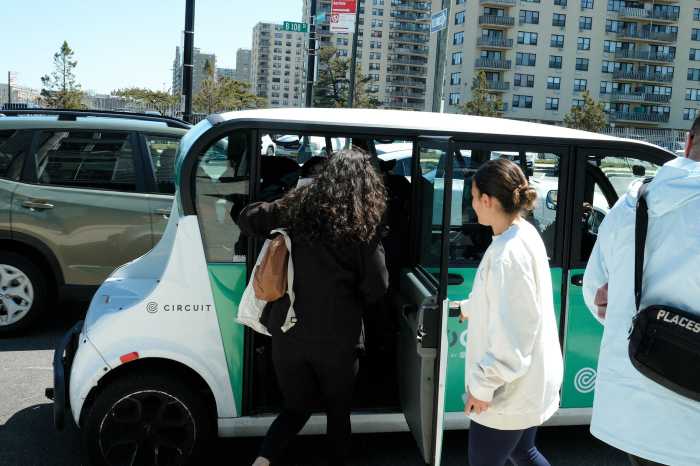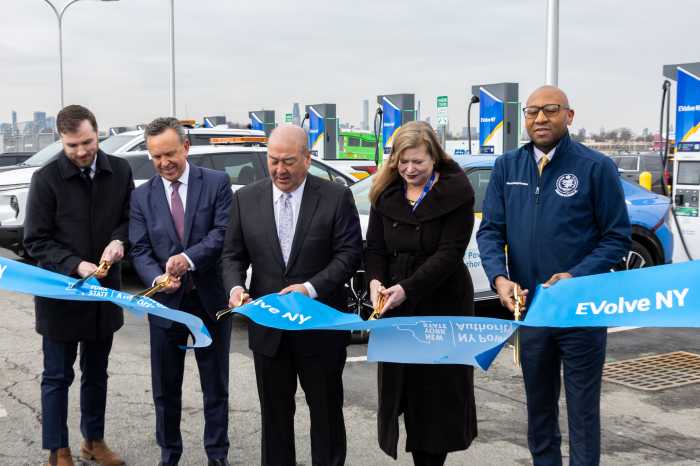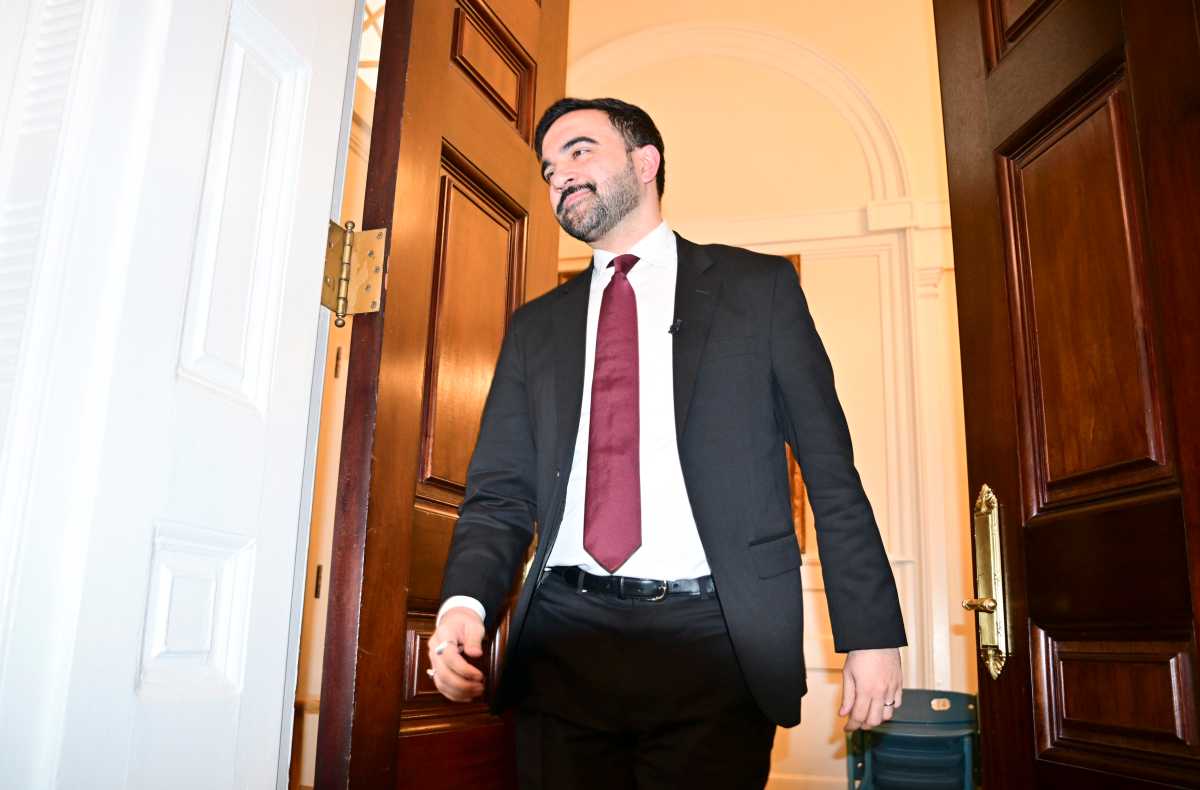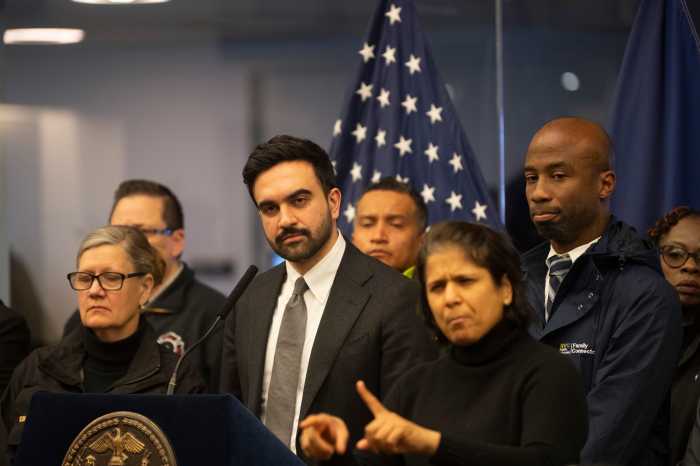By Philip newman
In more than two years of negotiations, the MTA often proclaimed its financial condition so severe as to preclude any labor cost increases for three years, but the agency and negotiators for bus and subway workers have agreed on a contract providing 8 percent raises over five years.
The agreement must now be approved by the workers and the Metropolitan Transportation Authority board.
Gov. Andrew Cuomo, who announced the settlement April 17, praised the accord.
“This agreement is a fair agreement,” said Cuomo, accompanied by MTA Chairman Thomas Prendergast and John Samuelson, president of Local 100 of the Transport Workers Union.
Samuelson said he sent a note to the governor April 16 requesting that Cuomo oversee the talks in their final phase.
Under the tentative new contract, TWU workers will get an 8 percent pay raise over the life of the new contract, including retroactive 1 percent raises for 2012 and 2013, then 2 percent raises in 2014, 2015 and 2016.
The transit workers will pay 2 percent of their base pay for health care benefits, an increase of 1.5 percent. The tentative agreement also provides improved dental and optical plans.
For the first time, MTA employees will get two weeks of paternity or maternity leave.
Prendergast said the agreement will not include any fare increases not previously scheduled.
The settlement was no doubt watched with great interest by unions representing some 300,000 municipal employees on the job without labor contracts for more than four years and thousands of Long Island Rail Road workers, who have tentatively set July for a strike, although they are negotiating in the presence of a three-member federal President’s Emergency Board.
Cuomo said he did not think the MTA-TWU settlement would affect the negotiations with the municipal workers.
Gene Russianoff, attorney for the transit advocacy agency Straphangers Campaign, said the settlement was “obviously good news, but the devil is always in the details and we will know more when we are able to look over the contract.”
Throughout the negotiations, the MTA said repeatedly its three-year plan would succeed only if the agency spent nothing on labor costs. The impact of the tentative contract on the MTA’s bottom line was unclear at this point.
Reach contributing writer Philip Newman by e-mail at timesledgernews@cnglocal.com or phone at 718-260-4536.

